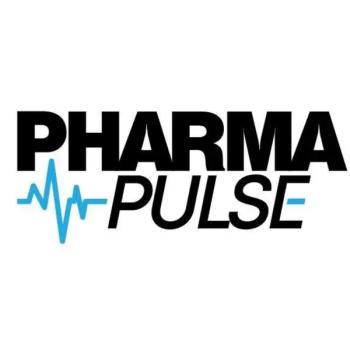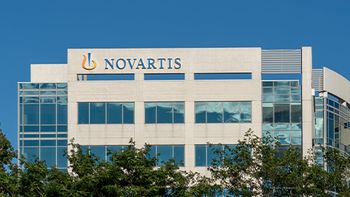
- Pharmaceutical Commerce - January/February 2010
'On-dosage' authentication gets a boost with Capsugel-NanoGuardian partnership
Capsugel will provide nano-encryption for capsules through technology license
Pharma service providers and contract manufacturing organizations continue to create new options for drugmakers seeking to protect their products against counterfeiting. While most of these techniques apply to packaging and labels, there seems to be a trend developing in “on dosage” techniques applied directly to tablets or capsules.
The latest: Capsugel (Peapack, NJ), a division of Pifzer, has announced a licensing agreement with NanoGuardian (Skokie, IL) to employ the latter’s nanoscale marking technology on capsules. Nanoguardian has been promoting this technology for the past couple years as a means of not only putting overt (but hard to duplicate) markings on tablets, but also covert identification data, such as a lot number, within the overt marking. There are no additional materials, such as taggants, added to the marking, and the company claims that the technology costs less than a penny per pill.
Capsugel is the first company to apply this level of authentication to capsules, according to a company spokesperson. “We will provide the encoded capsules, then manufacturers will use them in their own filling operations,” says Alyssa Augustine, director of communications at Capsugel. The company is in the process of acquiring an encryption machine that will be added to one of its production lines, and clients can order batches of encoded capsules, in lot sizes up to one million, with each lot having a unique marking. Production is expected to be ready by the middle of this year.
Last summer, Colorcon (Harleyville, PA), a leading provider of coatings and excipients for tablets, announced a similar partnering with ARmark Technologies (Glen Rock, PA), which has developed nano-scale microtaggants that can be added to the coatings that Colorcon sells; ARmark calls the technology On-Dose ID. This announcement came right after FDA issued draft guidance on “physical-chemical identifiers” (PCIDs), generally allowing their use as long as the PCIDs are inert.
Colorcon has a Brand Enhancement Service that includes using specialized pigments as counterfeit-resistant measures; even adding barcodes to a tablet surface. Similarly, Merck KGaA (Darmstadt, Germany) has been promoting its Candurin coatings with the same capability.
Articles in this issue
over 15 years ago
Medication adherence could get an EHR boostalmost 16 years ago
Improving Outcomes Research Protocolsalmost 16 years ago
Brand Protection Technology Takes a Patient-Communication Turnalmost 16 years ago
OPINION: Will Class-Wide REMS Programs Delay New Opioid Approvals?almost 16 years ago
Bill Gates: 'Vaccines Are A Miracle'almost 16 years ago
Coming Togetheralmost 16 years ago
Agenda Set for Spring HPCLC Meetingalmost 16 years ago
Model N extends revenue management process with contract-authoring toolsNewsletter
Stay ahead in the life sciences industry with Pharmaceutical Commerce, the latest news, trends, and strategies in drug distribution, commercialization, and market access.




